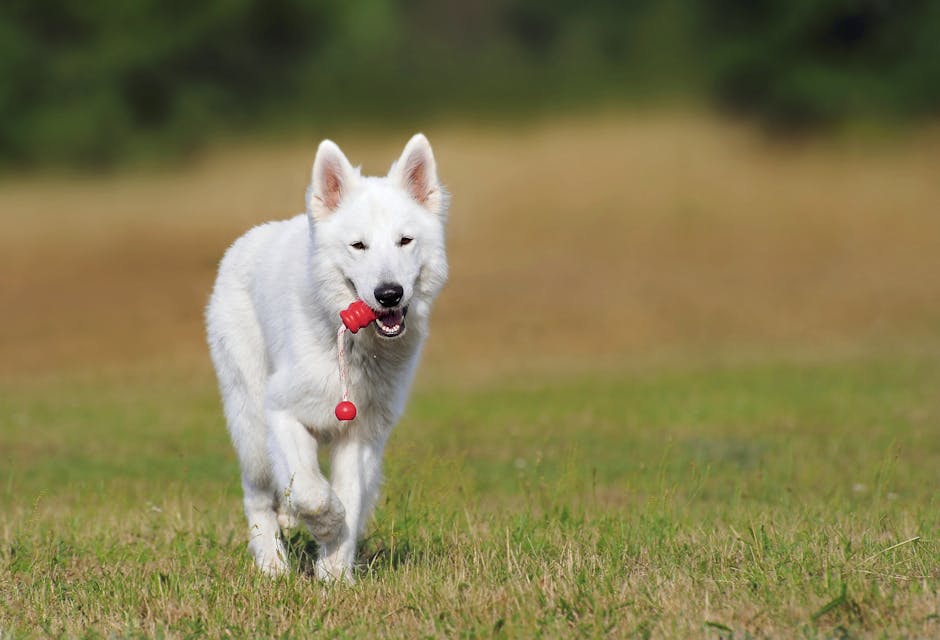Dogs, our beloved companions, possess an incredible capacity for learning and obedience. However, unlocking their full potential requires a systematic approach to training. This comprehensive guide will provide you with the knowledge and techniques you need to effectively train your furry friend.
**Establishing a Foundation**
Before embarking on any training exercises, it's crucial to establish a solid foundation by defining clear rules, boundaries, and expectations. Consistency and repetition are key, so make sure you reinforce desired behaviors and discourage unwanted ones.
**Positive Reinforcement**
Positive reinforcement is the cornerstone of effective dog training. Rewarding your dog with treats, praise, or playtime when they perform a desired behavior reinforces that action and encourages them to repeat it. Focus on rewarding specific behaviors, such as sitting, staying, or coming when called.
**Clicker Training**
Clicker training uses a small device that emits a distinctive click sound. When paired with a desired behavior, the click serves as a marker that the dog has done something correct. This precise timing helps to pinpoint the exact behavior being rewarded.
**Negative Reinforcement**
Negative reinforcement is often misunderstood but can be an effective tool in certain situations. It involves removing or withholding something unpleasant when an unwanted behavior occurs. For example, if your dog barks excessively, you could take away a toy or treat until they calm down.
**Leash Training**
Leash training is essential for controlling your dog in public and ensuring their safety. Start by practicing in a secure, low-distraction environment. Gradually increase the duration and distance of your walks as your dog becomes comfortable.
**Advanced Training**
Once your dog has mastered the basics, you can explore more advanced training techniques. This could include agility, obedience competitions, or specialized tasks such as therapy or service work. Advanced training requires patience, dedication, and a strong bond between you and your dog.
**Special Considerations**
Every dog is an individual, and training methods should be tailored accordingly. Consider your dog's breed, age, temperament, and learning style. Puppies require more frequent and shorter training sessions, while mature dogs may benefit from longer and more challenging exercises.
**Patience and Consistency**
Dog training is a journey that requires patience, consistency, and a positive attitude. It's unlikely that your dog will master everything overnight, so be prepared to invest time and effort in the process. Celebrate your dog's successes and learn from any setbacks. With dedication and love, you can unlock the full potential of your furry companion.
